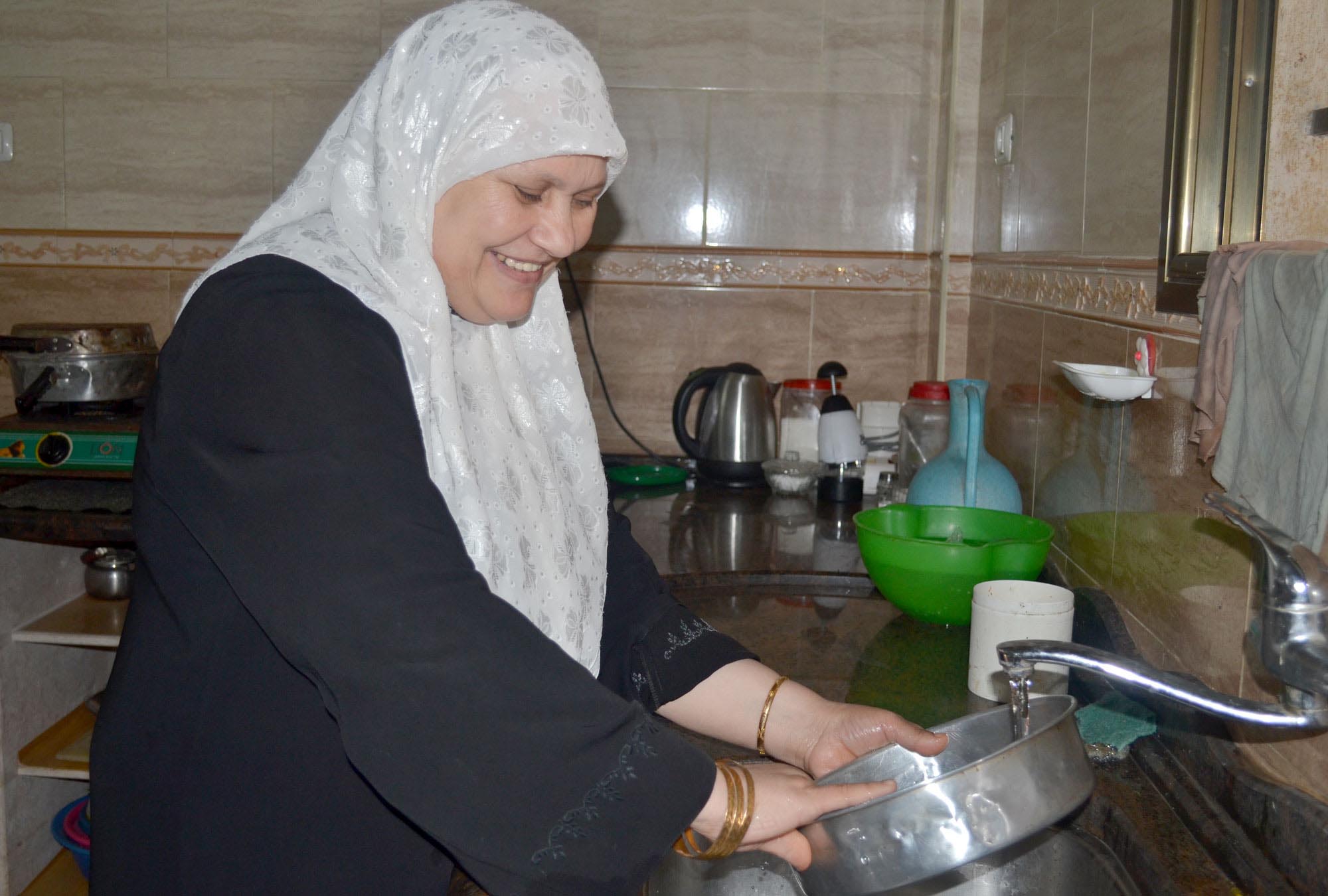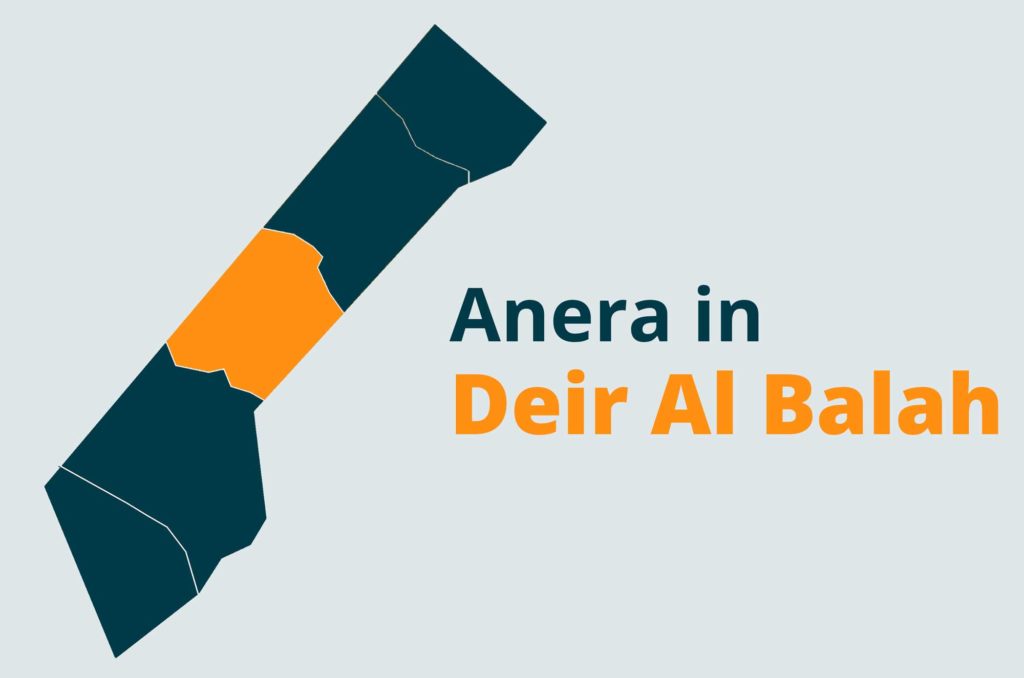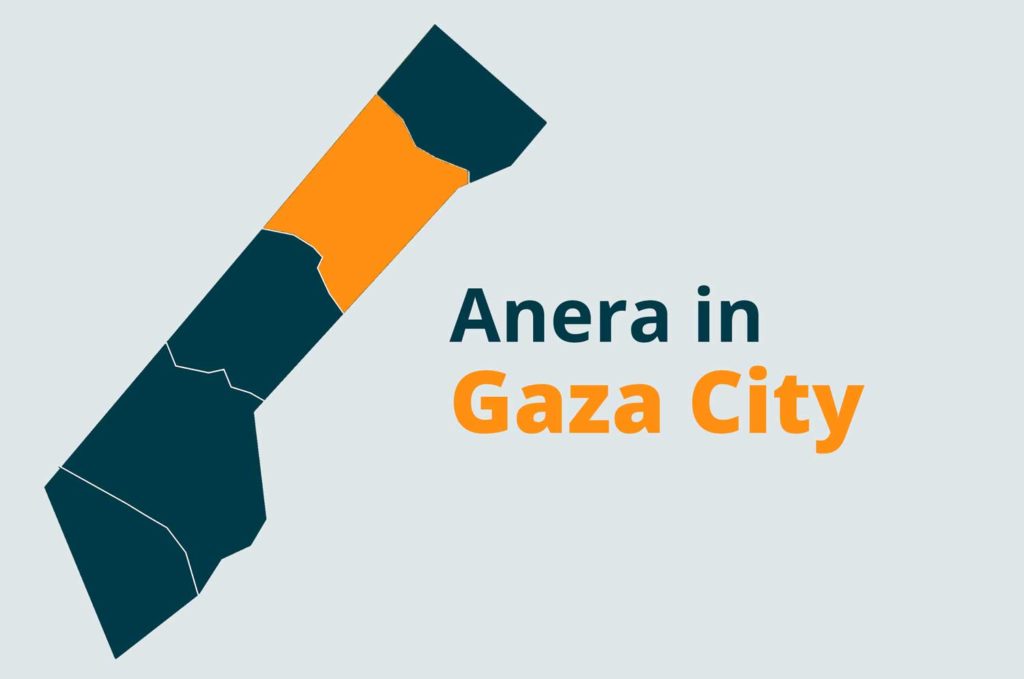Aug, 2013
Ever since Ghazi Abu Naser and his family moved to Beit Lahia, water was always the main concern. Like other people living in the area, he had long struggled to cope with water scarcity. “We suffered a lot before the installation of the new water network when we used to get water for a few hours one or two days a week,” he explains.
For Ghazi, the lack of water became a crisis for his family. He would buy water for about about $5 daily to fill a 500-liter tank, barely enough for Ghazi and his extended family of 20.
“When the electricity was on, I used a small generator to pump water into the empty tanks, but it was useless. There wasn’t enough water to pump,” he said. “Now, in a couple of hours my tanks are filled with clean water,” he continues.
Ghazi considers water to be the very soul of existence and he appreciates it more than anything else. “I can’t describe my feelings when I open the tap and water flows out,” he adds with a smile.
Unreliable Water System Complicated Life in Beit Lahia
Beit Lahia's population is growing fast and because of unreliable leaking water connections to the wells that provide water for Beit lahia, residents were getting smaller and smaller quantities of water over time, well below the quanitites needed to satisfy their domestic water needs. Most people in the area do not have jobs and live in grim economic circumstances. They could not afford to purchase the water they needed on a regular basis.
Not far from Ghazi lives Ahmad Abu Seif and his wife Iftikhaar. In the past, Ahmad never slept at night. He would stay awake waiting for the water to flow because there was no fixed schedule. He only knew their share of water would arrive sometime in the middle of the night - any time from midnight to dawn. He also worried that his neighbors would be faster and pump all the water, leaving nothing for his family.
Thanks to the USAID-funded Emergency Water and Sanitation II project, Anera extended the existing water network, adding new pipelines to supply the needed amounts of water to the Qleebo and Amer Project neighborhoods in Beit Lahia. In addition, the deteriorated pipes in the Municipality Street (Al Mashrooh) neighborhood which posed a serious danger to the safety and health of the residents were replaced. The project connected 9,500 persons in the area to more reliable sources of water.
“We always feared that we would run out of water," Ahmad explains. "Our nightmare was receiving potentially contaminated water from dilapidated, asbestos-ridden pipelines.” His family’s harsh lifestyle taught them to appreciate every drop of clean water they get now, thanks to the water project. “Now I am teaching my grandsons how to preserve this precious water supply for future generations.”




